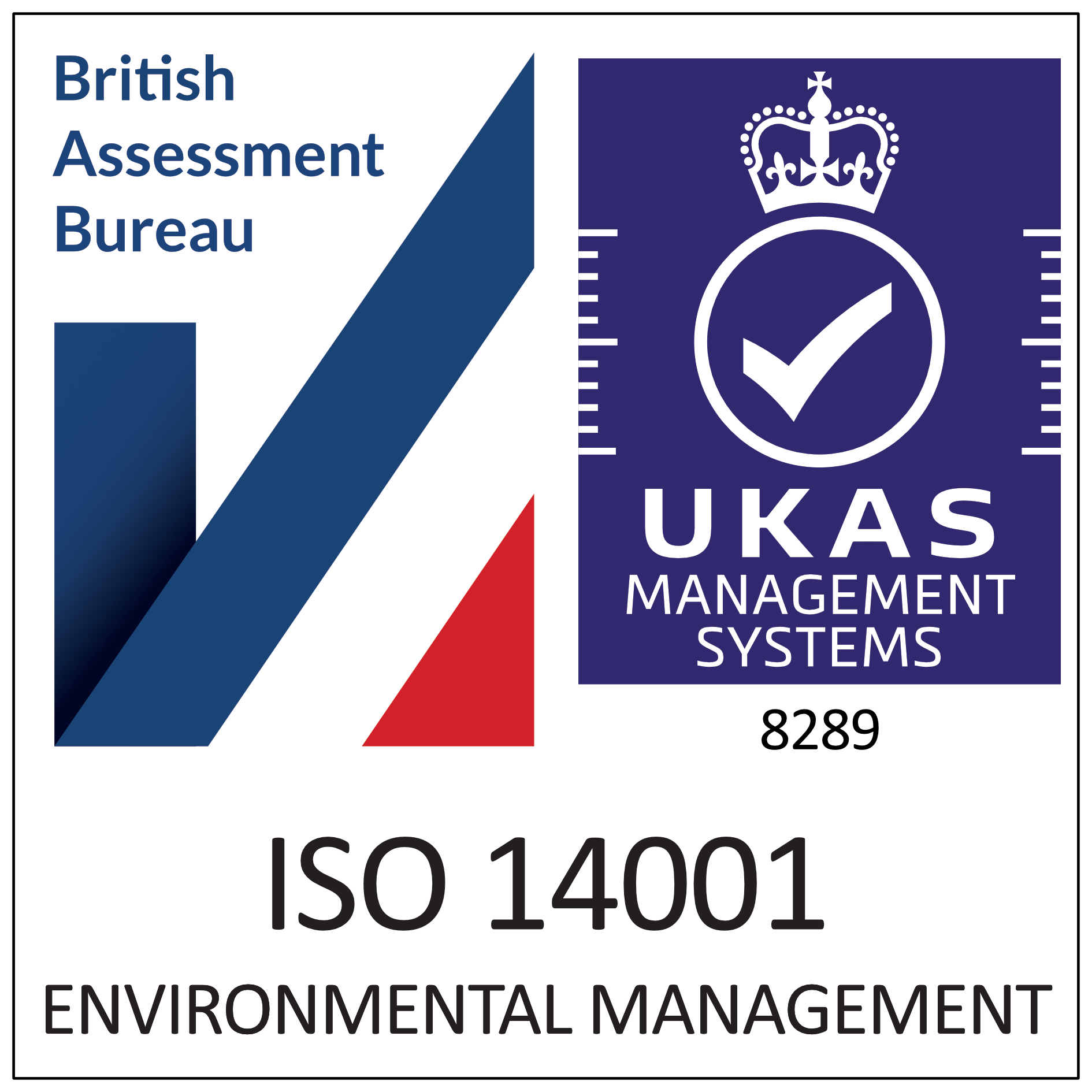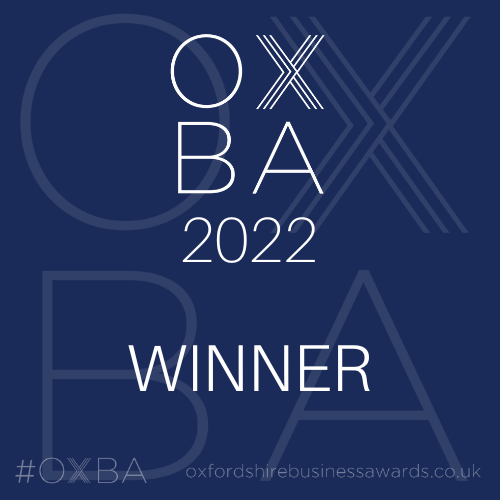
Dream Job 2040: A T Level Creative Competition
📣 Year 10 & 11 students: Design a job that doesn’t exist yet… but could!

Dream Job 2040: A T Level Creative Competition
📣 Year 10 & 11 students: Design a job that doesn’t exist yet… but could!
Search our website for news, courses, and general information
Course code: P04198
Subject area: Business & Management Practice FDA and BA (Hons)
Study level: Undergraduate
Course level: H
Course time:
09:00 - 17:00
Days of week:
Friday
Course date:
10th Sept 2025 - 14th May 2027
Course location:
Abingdon CampusWithin their first year, students are introduced to areas such as criticality and academic writing, in addition to developing a portfolio to support their professional development. In the second year students focus on research skills and developing their skills of enquiry in preparation for their final year Business Project (work-based focused). This also helps prepare them for their honours year modules (e.g. dissertation) should they wish to progress on to the final year BA (Hons) Top-Up.
Applications are made through UCAS – code N20N.
Students will benefit from a personalised approach with assessments that are based within "real life", ensuring that the skills that you learn on this course will prepare them for senior management roles in the future. Our current students have given the programme a 100% satisfaction rate, with many going from non-management roles into management whilst on the programme; showing how much the skills and knowledge that are achieved on this course are valuable to employers.
Year 2 (Level 5) modules:Business ResearchStrategic Leadership and ManagementProject ManagementBusiness and Financial ManagementDeveloping Management CapabilitiesHuman Resource Management
You may be able to progress on to a further year of study at Oxford Brookes University, or at one of our partner colleges, in order to 'top up' to a full honours degree.
Normally, students who achieve an average of 55% over the second year (Level 5 modules) of the foundation degree will be eligible for progression on to the BA (Hons) in Business and Management final (honours) year offered at Oxford Brookes University or the BA (Hons) in Business and Management at Abingdon & Witney College or Solihull College.
The BA Top Up programme will include the following modules (subject to validation):• Managing Quality and Risk• Dissertation or Work-based Research Project (Double Module)• Managing Marketing Activities• Strategic People Management• Developing Self and Others• Strategic Futures, Insight and Design
PLUS· a minimum of two passes at A-level at grade E or above;OR· a National Certificate or Diploma or other equivalent qualification, such as GNVQ/NVQ or other Level 3 vocational qualification;OR· exceptionally, applicants who can demonstrate through an extended CV, references and interview, that they have the knowledge and abilities equivalent to those possessed by holders of the Level 3 qualification listed above may be admitted with dispensation from the requirement to possess those qualifications.
Potential students without level 3 qualifications should be advised that their future progression to higher-level study may be limited as a consequence of not holding the formal qualifications.
English Language Requirements: Applicants whose first language is not English must also demonstrate that their level of English is acceptable, by achieving a score in a recognised test such as: British Council IELTS - normally minimum Level 6.0 overall with a minimum of 6.0 in the reading and writing components.
As work-based learning is an integral part of a Foundation Degree, in addition to holding one of the above entry qualifications, applicants should normally have a current role in an appropriate workplace setting and provide a line manager’s letter of support and recommendation. The work environment may be voluntary or paid, full-time, part-time or work placement. It is the student’s responsibility to secure a role in order to complete the assessment on the programme. Failure to secure access to an appropriate work environment may mean that the student is unable to complete the programme.
Student Support is available for this degree - see www.directgov.uk and follow the links to Student Finance. Please ask for information at interview. For further information, see also the Oxford Brookes University website: www.brookes.ac.uk.
Whilst all text books are available in the College and University libraries and online, students may wish to purchase their own copies. Prices of core-text books range from £15.00 - £55.00. Prices correct at the time of printing.
You can find information on our fees and on Student Finance at www.abingdon-witney.ac.uk/info-centre/course-fees. Please note tuition fees may increase in subsequent years both for new and continuing students in line with an inflationary amount determined by the University and all college partners.
Applications are made through UCAS – code N20N.
£0.00
A variety of assessment methods will be used, including the submission of written reports, delivering individual and group presentations, completing time-constrained assessments, simulation exercises, role play, exams and in-class tests.
Formal assignments will be returned to students within three weeks of the submission date.








